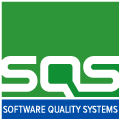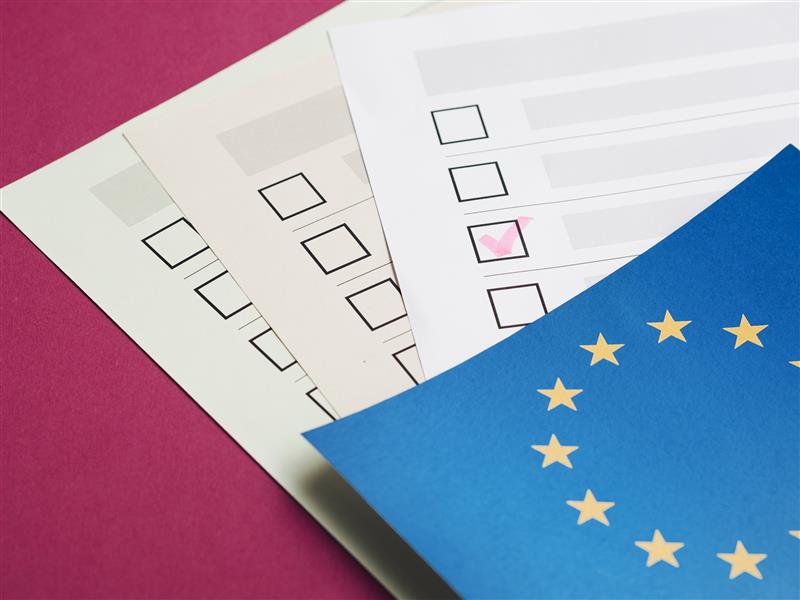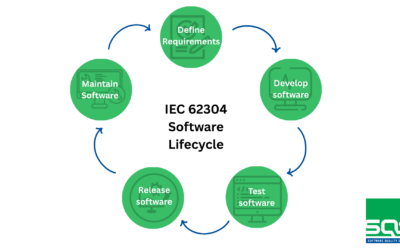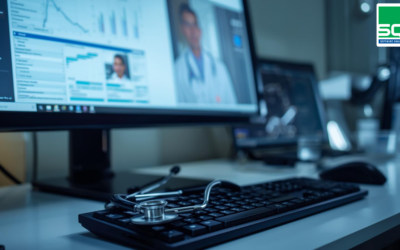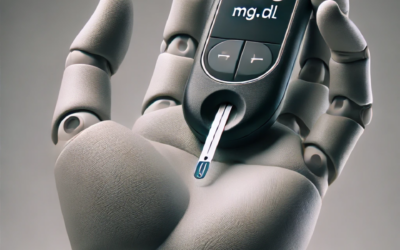Royal Decree 942/2025 adapts Regulation (EU) 2017/746 for in vitro diagnostics
In vitro diagnostic medical devices (IVDs) play an essential role in the diagnosis, prevention, and monitoring of diseases. Until now, their regulation in Spain was based on Royal Decree 1662/2000, but technological advances and the new European framework have made a deep update necessary.
With the publication of Royal Decree 942/2025, Spain adapts its legislation to Regulation (EU) 2017/746, establishing a safer, more transparent environment aligned with European Union standards.
Purpose and Legal Framework
The new Royal Decree regulates in vitro diagnostic medical devices for human use and their accessories within the national scope, specifying the provisions that the European Regulation leaves to Member States.
Upon its entry into force, it repeals the previous RD 1662/2000, except for the exceptions provided in its transitional provisions.
Competent Authority
The AEMPS (Spanish Agency of Medicines and Medical Devices) is designated as the competent authority in Spain for all essential functions under the IVD Regulation: classification, control, market surveillance, and product registration.
Main novelties of Royal Decree 942/2025
The text introduces substantial improvements that strengthen patient safety and product traceability. Among the most relevant are:
- Detailed regulation of “in-house” manufacturing in healthcare centers: requires notification, justification, and assurance of minimum quality standards.
- Inclusion of genetic testing within the IVD scope, with requirements for informed consent and genetic counselling.
- Increased market control, with reinforced obligations for post-market surveillance, serious incident reporting, and traceability.
- New requirements for performance studies, with more rigorous procedures.
- Removal of the medical prescription requirement for self-testing products, although their sale will remain limited to pharmacies or their official websites.
- Transitional registration mechanisms until the European EUDAMED database becomes fully operational. Products and ongoing studies under the previous regulation may continue, with specific exceptions, until completion.
Even so, manufacturers and operators must adapt their processes and documentation to the new regulatory framework as soon as possible to ensure the continuity of their activities.
Impact and challenges for the sector
For industries and manufacturers, this will require reviewing certifications, quality management systems, and surveillance procedures. Although the requirements are stricter, they also strengthen market confidence and open new opportunities for innovation.
In laboratories and healthcare centres, it will be essential to implement internal audits, training, and rigorous documentation controls, especially for in-house manufacturing and genetic testing.
Healthcare and technical professionals will need to understand the new obligations regarding incident reporting, traceability, and regulatory compliance.
All this will increase safety and transparency for patients and users. Genetic testing will be more tightly controlled, and self-testing products will become more accessible and reliable.
Conclusion and recommendations
The publication of Royal Decree 942/2025 represents a step forward toward a modern and demanding regulation of in vitro diagnostic medical devices in Spain.
This change strengthens patient safety, promotes innovation, and aligns the national market with European standards.
Recommendations for companies and sector organizations:
- Conduct a compliance gap analysis against the new Royal Decree.
- Train technical and regulatory staff on the new requirements.
- Review in-house manufacturing processes and prepare the necessary documentation.
- Closely follow AEMPS guidelines and communications on practical application.
- Maintain communication with authorities and industry associations for a smooth transition.
SQS: your partner in compliance and validation
At SQS, we help companies in the healthcare and biotechnology sectors comply with current regulations and adapt to regulatory changes. Our team specializes in software validation, system qualification, and quality assurance in regulated environments, ensuring compliance with Regulation (EU) 2017/746 and Royal Decree 942/2025.
Thanks to our experience, we can accompany you throughout the transition process, from initial assessment to the implementation of the necessary measures to meet the latest technical and regulatory requirements.
